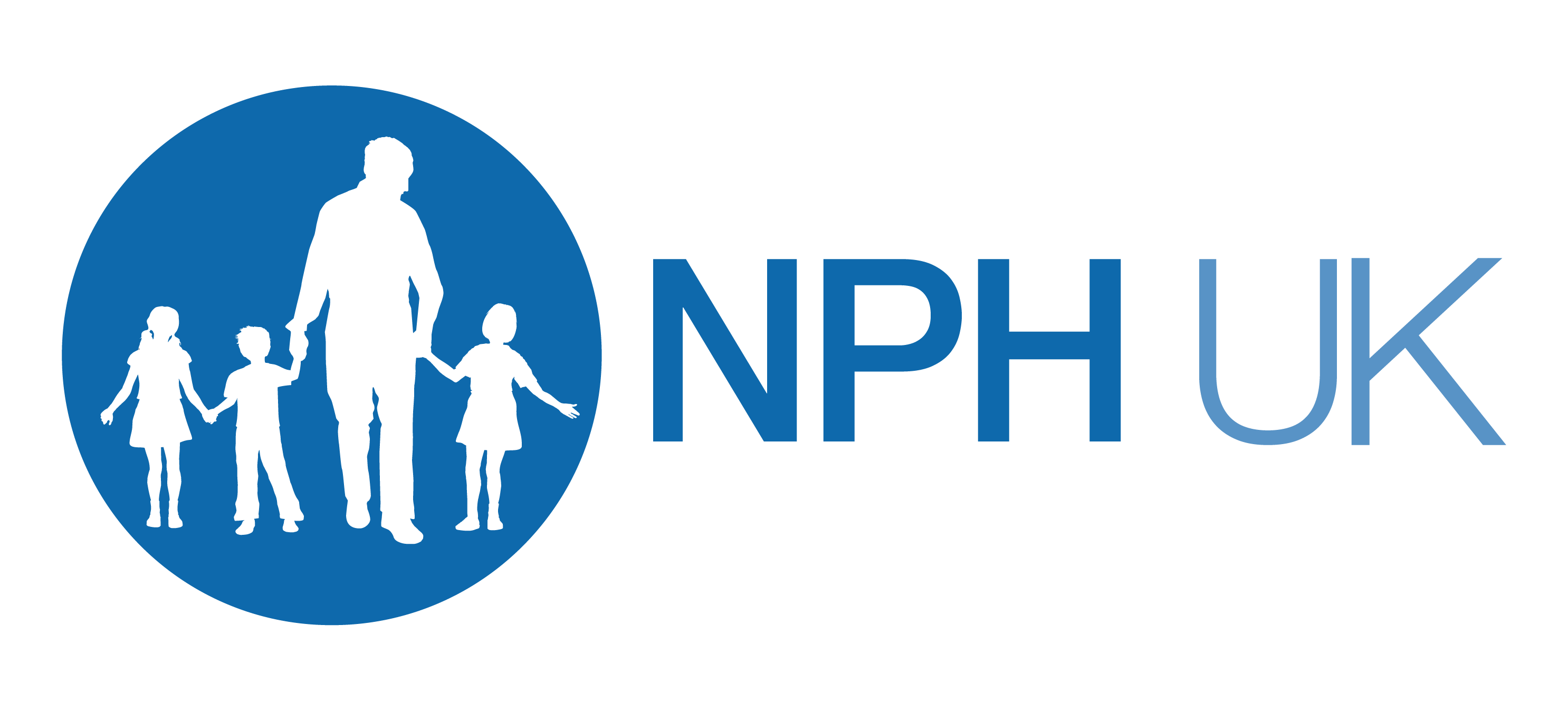Already the poorest country in the Americas, Haiti is now in the grip of a rapidly worsening humanitarian crisis. Chaos and terror have enveloped the country, particularly in the capital, Port-au-Prince, which is now almost completely controlled by armed gangs. The prime minister, Ariel Henry, has been forced to resign, the police and army are unable to maintain order or quell the escalating violence and lawlessness.
Many hospitals, health centres, schools, police stations, prisons and other public institutions have been attacked, leaving the country’s already fragile infrastructure in tatters. The country is on the verge of collapse, awaiting the creation of a transition government with no guarantee this will alleviate the crisis.

Children and families facing violence and hunger
Haitians are living in fear of their lives, exposed to unimaginable violence. Murders, robberies, rape and kidnappings are rife. According to the U.N.’s World Food Programme, almost 4.5 million Haitians face ‘acute food insecurity‘. With armed gangs in control of major ports and the international airport no longer functioning, basic necessities including food, drinking water, medicines and fuel are harder to find. The plight of the Haitian people is likely to only get worse. Thousands of families are desperately trying to flee the capital and surrounding areas. Over 360,000 Haitians are now displaced and over half of them are children.
NPH helping those in dire need
Our team in Haiti is working tirelessly to ensure the safety of the children in our care and our staff. We are also providing humanitarian aid to desperate families.
- At our Kenscoff site, away from the violence of the capital, all the children in residential care are safe and the school is open to students from the community.
- We are offering shelter to many of our staff, as it is too dangerous for them to travel to and from work.
- St. Damien Hospital in Port-au-Prince is currently fully operational, providing life-saving medical care to those in need when many other hospitals have been forced to close.
- Our community schools and therapy centres in Tabarre in the capital are closed due to high levels of insecurity. We are providing emergency food kits to families.
- We are supporting an increasing number of displaced families to flee Port-au-Prince and travel to safer provinces.

How you can help
£15
An emergency food kit for a family in need
£60
A 25kg bag of rice and a 25kg bag of beans
£600
Refuge from the violence of Port-au-Prince for a family







